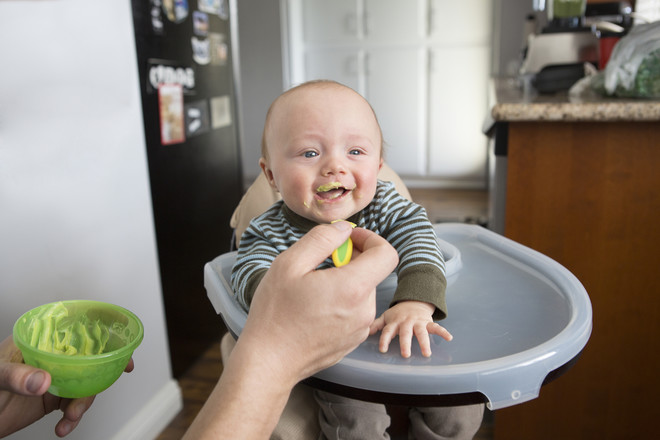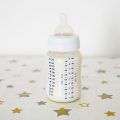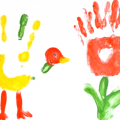How much breastmilk or mixture should a child eat at 5 months in norm
When breastfeeding, both overfeeding and underfeeding are possible. The baby can suckle for a long time, but this does not mean that he is overeating. If the mother has little milk, he will remain hungry. A 5 month old baby should eat so much food,how much is needed to avoid going hungryPhoto: Getty Based on the child's condition, a woman should be guided by whether he is getting enough to eat. If the baby is undernourished, the signs are as follows:
A 5 month old baby should eat so much food,how much is needed to avoid going hungryPhoto: Getty Based on the child's condition, a woman should be guided by whether he is getting enough to eat. If the baby is undernourished, the signs are as follows:
- the baby is sluggish, always asleep or crying often;
- crochets urinate less than 15 times a day, the diaper remains dry in the period from one feeding to the second;
- stool is lean, there may be constipation;
- the child badly gaining weight, the day of an increase of less than 20-30 g.
To find out how much milk you have, express it.once in a bottle. The optimal amount for a 5-month-old is 800-1000 ml of milk per day. The child should also drink up to 100 ml of water or tea. Liquid should be given between feedings.
How much porridge and vegetable puree should eat baby
Complementary feeding should be given if the baby is onartificial feeding or he does not have enough mother's milk. Otherwise, you should wait until the child is six months old. At 5 months, new dishes should be introduced gradually, when the baby is absolutely healthy. You should start with pureed food. The first complementary food should consist of one ingredient. If it is buckwheat, then without adding fruits or vegetables. Introduce new food, starting with 1 teaspoon, gradually increase the volume to 100-200 g per day over 10-14 days. Complementary food for a child at six months of age should replace one feeding. At 5 months, the volume of dishes is as follows:
- The crumb should eat 100-150 g of puree from vegetables;
- 60 g of fruit;
- 100-180 g of buckwheat or rice.
Meat, fish and dairy products are bettergive at a later age. Feed the baby 5 times a day, with 4 hours between meals. The first feeding is only breast milk or 150-180 ml of formula. For breakfast, offer the baby 100-150 g of vegetable puree and 3 tbsp. of fruit. For dinner, give 150-180 g of milk porridge. All other feedings are breast milk. Do not force-feed the baby. This food will do harm rather than good. If you adhere to the standards, but the baby asks for more, increase the dose. The amount of food depends not only on the baby's age, but also on his weight.









